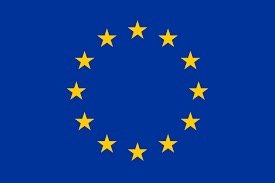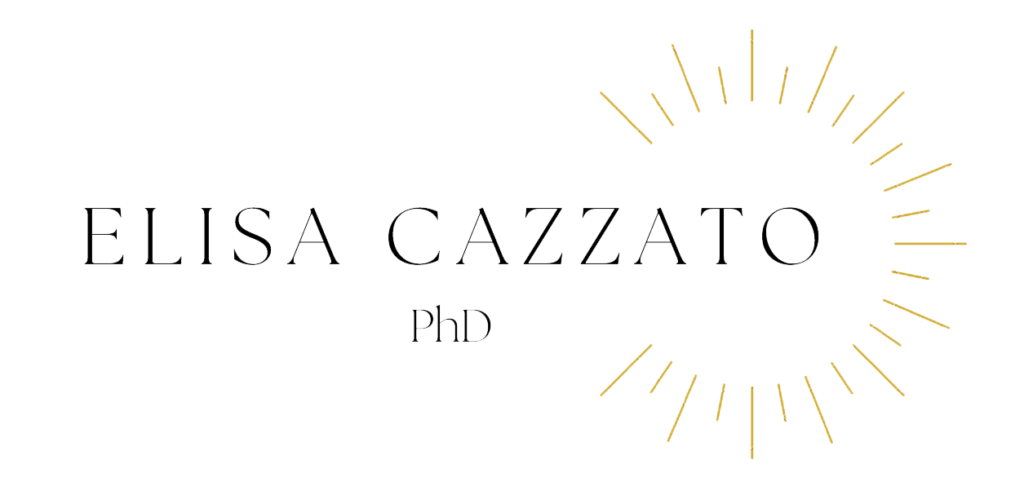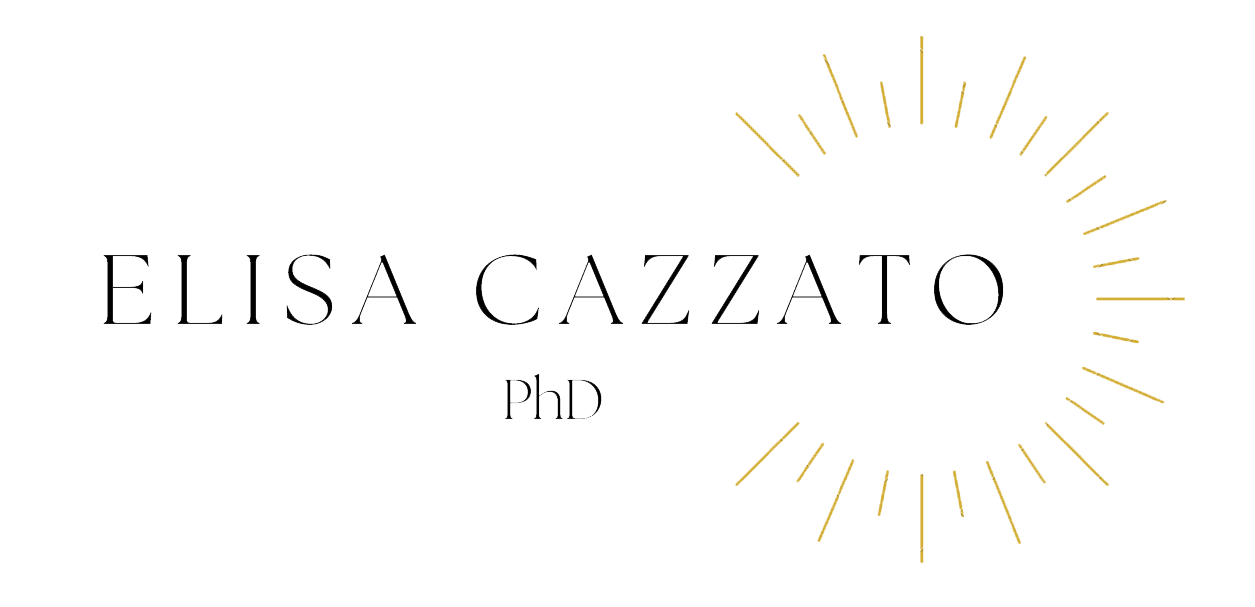Spectacle
Spectacle
Overview – SPECTACLE is a multidisciplinary investigation intersecting histories of culture, art, stage design, and theatre. It aims to define the cultural meaning of ‘spectacle’ and ‘spectacularity’ in France and in a selection of European capitals in the long 18th century. This is being established through research on the ephemeral constructions standing behind the process of spectacle-making (e.g. stage design, firework technology, circus performance). Specifically, this project investigates how Italian artists from different backgrounds provided key contributions to French and European spectacle broadly conceived (e.g. theatre settings, public and private performances, propaganda events). My research is also addressing questions on when and how genders, races, and forms disabilities were used as forms of ‘ephemeral entertainment’, and how much these forms of spectacle created stereotypes that are still present in current times.
Methodology – To analyse the intangible aspects of spectacle culture, I have used a composite methodology consisting of artistic sources (sketches, drawings, paintings, engravings) and historical resources (contracts, administrative documents, bills, letters, notary deeds, family contexts). This material has been theoretically framed looking both at the fields of cultural history and art history. This methodology has allowed me to pursue a holistic approach to the complex and intricate ‘web of visuality’ in which artists, spectacle sites, and artistry networks were found. Through archival reconstruction, the novelty of my study is in the focus on day-to-day community networks to chronicle the ambitions, the achievements, and the relationships of the people who created visual culture and visual communication at the turn of the 19th century.
State of the art – Historians of the long 18th century have explored theatre, visual arts, music, and popular manifestations as part of a wider understanding of the cultural process. Mona Ozouf, Mark Darlow, and Thomas Crow charted festivals, the Opéra theatre’s management, and the visual arts within a broader notion of political culture that others, like Daniel Roche and Keith Michael Baker, had already defined. Other trends in scholarship, on the other hand, have focused only on specific reconstructions of stage design sketches and collections. With SPECTACLE I am integrating both approaches, filling a gap of knowledge which intersects studies in art, theatre, and cultural history.
Overall objective: investigate the meaning of ‘spectacularity’ in European 18th century culture
Specific Objective 1) establish a new interdisciplinary understanding of spectacle by:
a) using primary source example of the use of the term ‘spectacle’ and ‘spectacular’ and the cognates across European Languages;
b) exploring the theorization of ‘spectacle’ in current literature across art, theatre, and performance;
c) deploying examples of the collaborative creation of spectacle (stage designers, decorators, firework-makers, circus performers);
Specific Objective 2) to chart specific examples of the collaborative networks behind the creations of new forms of spectacle and explore the extent to which these can be defined in terms of transnational networks of communities. In particular, exploring the aspect of migration for political reasons.
Impact of the project
A. At a researcher level, professional development:
On academic level: scientific publications. Training beyond academia: skills to be a theatre consultant or a producer in the domain of 18th century performances.
B. At organizational level: Establishment of a network of scholars and theatre professionals (artists, musicians, dancers). My final conference in June 2023 will involve professors from different areas of expertise (art, theatre, and culture historians, musicologists) coming from Australia, US, France, and Italy. All the outcomes of my project will be shared via a platform currently under construction.
C. At a system level – Benefits to European excellence/competitiveness and the European Union: through the training gained at the partner host institution I have enabled the societal impact of my project. I have been motivated to consider different ways of approaching an 18th century theatre production, such as whether it is more appropriate to rely on a historically informed reconstruction or make use of a restaging that speaks to contemporary audiences. In the future, I aim to bridge the gap between the work of an academic researcher and the 2030 Agenda for Sustainable Development adopted by all United Nations Members States, goal 16.
This project has received funding from the European Union’s Horizon 2020 programme under the Marie Sklodowska-Curie Grant Agreement no 893106.


